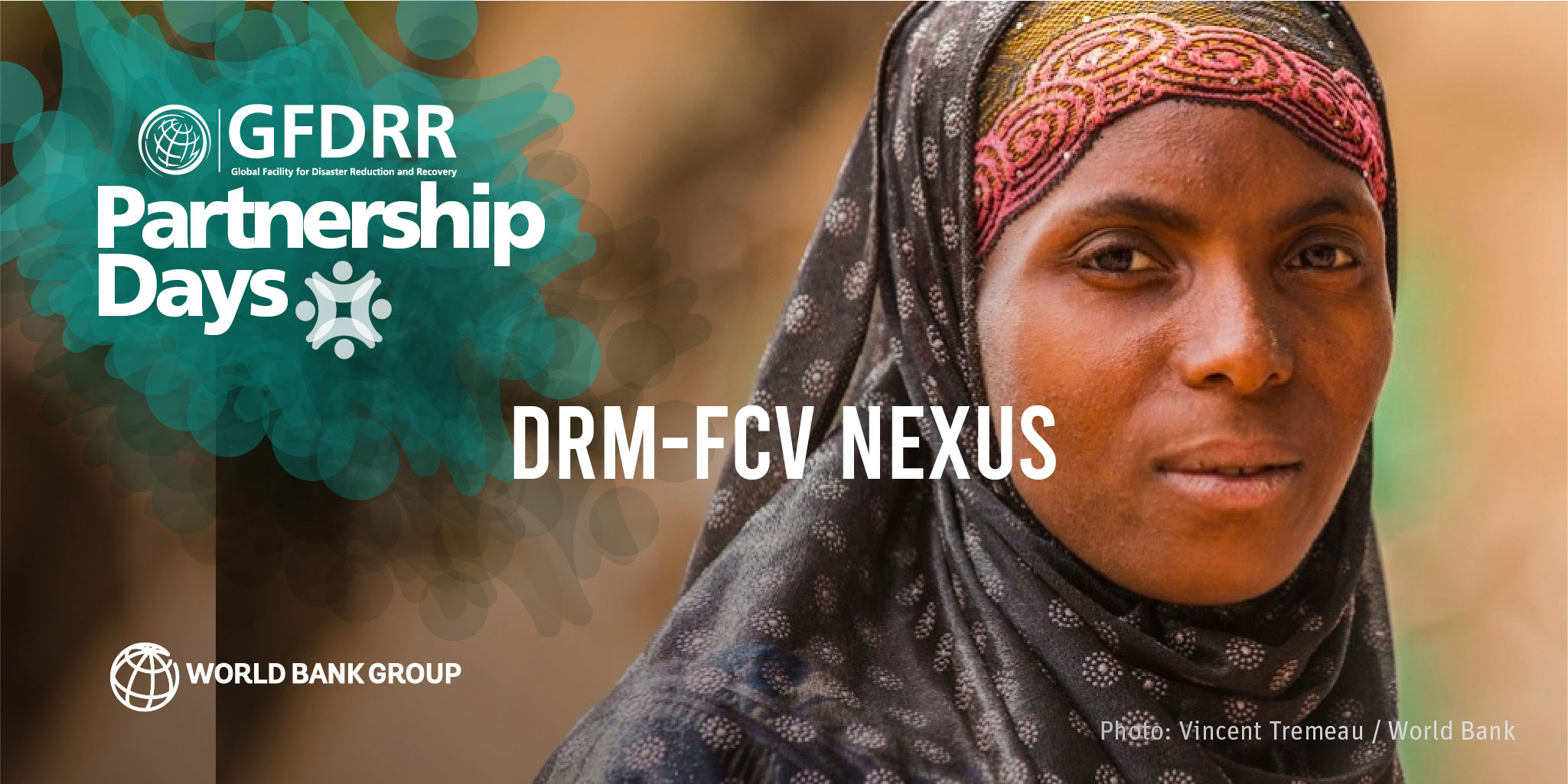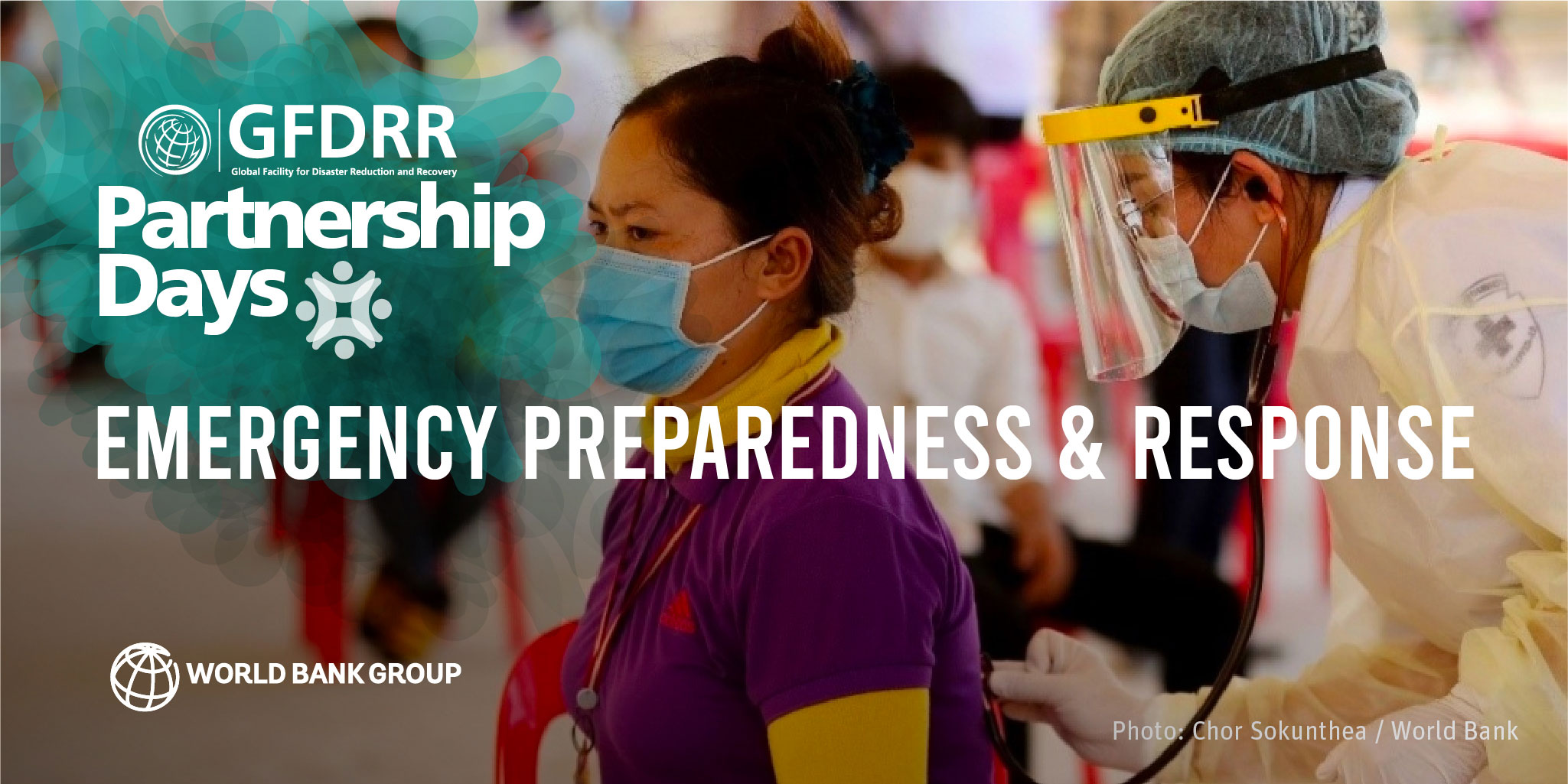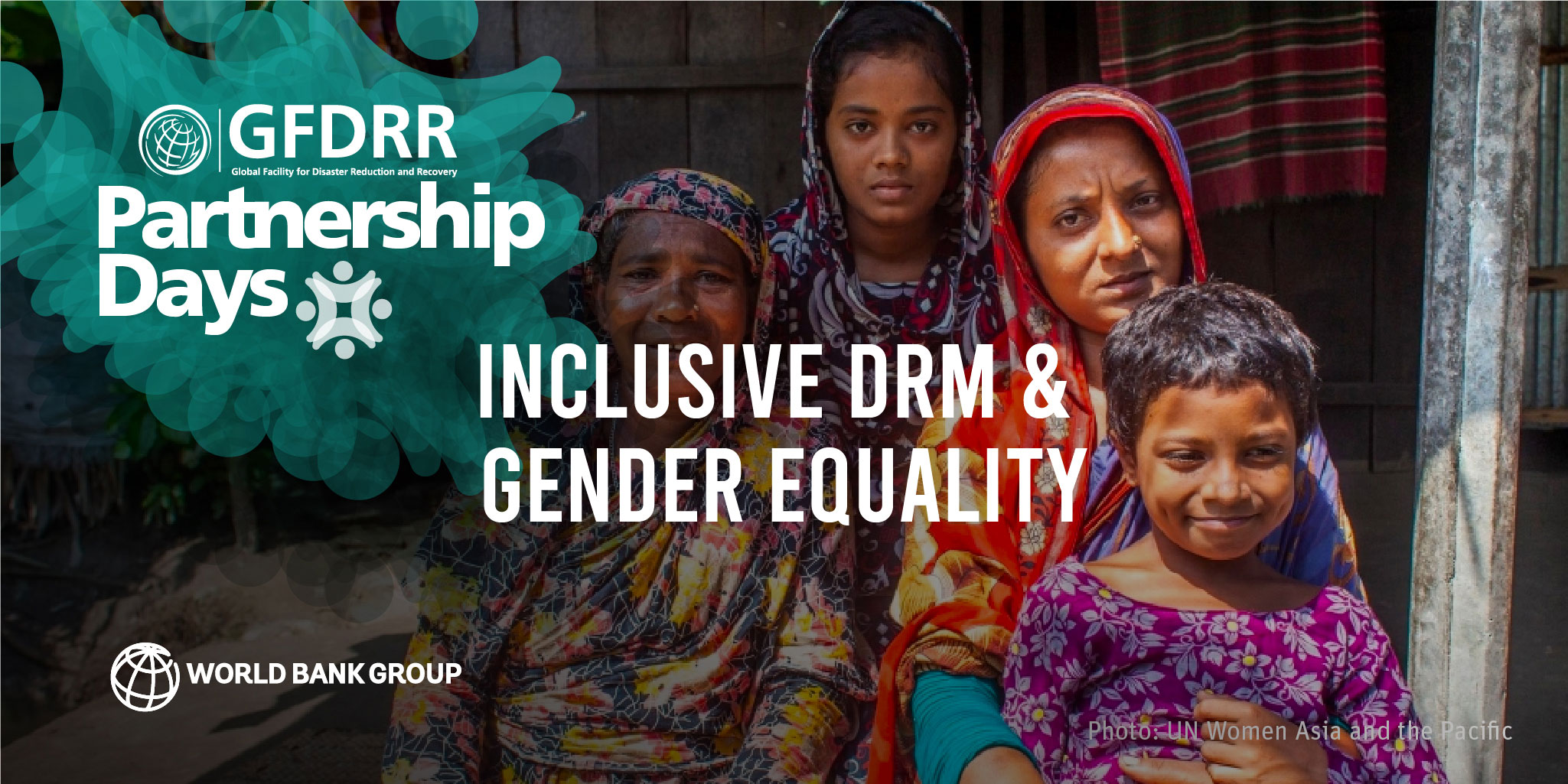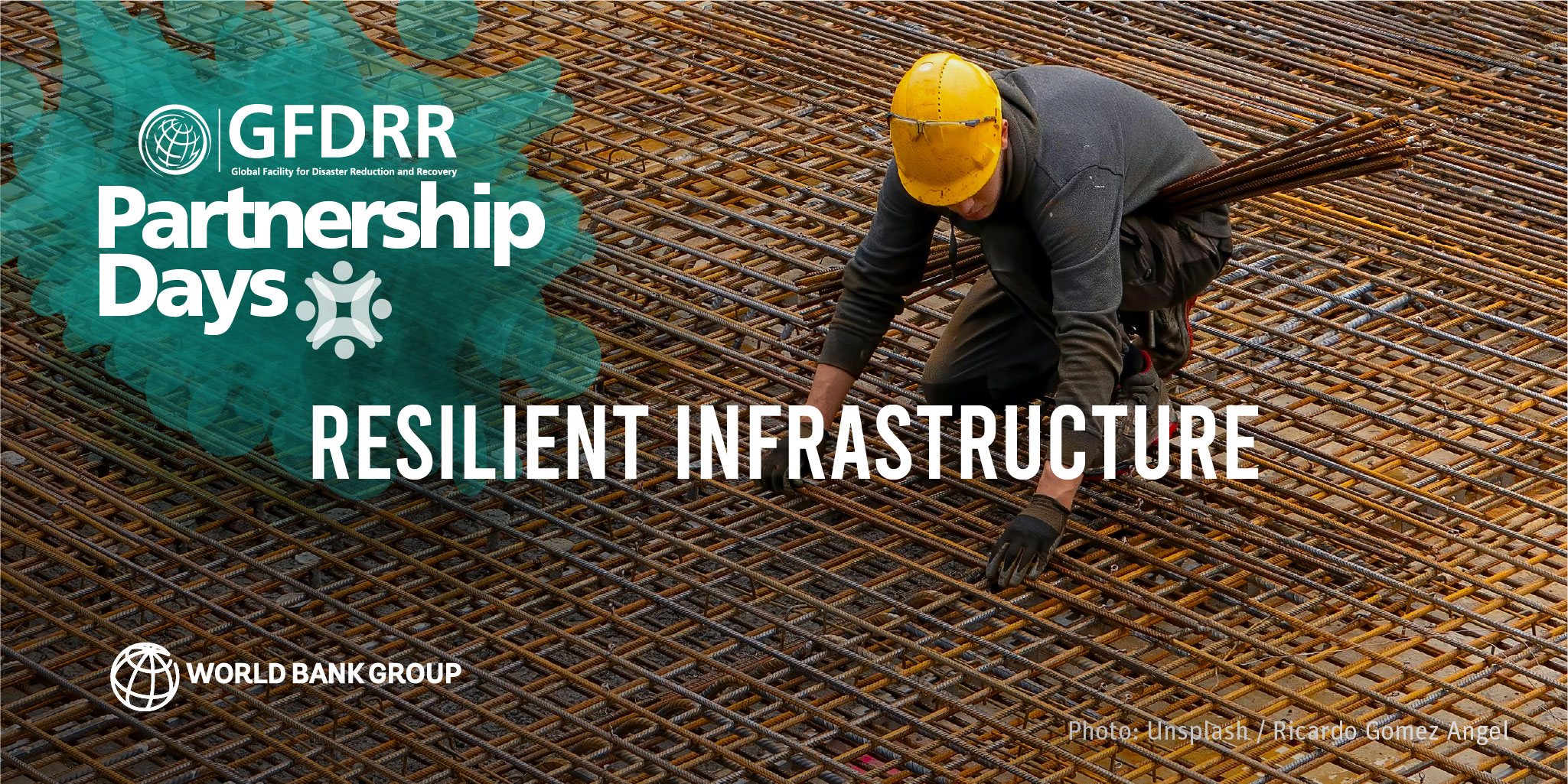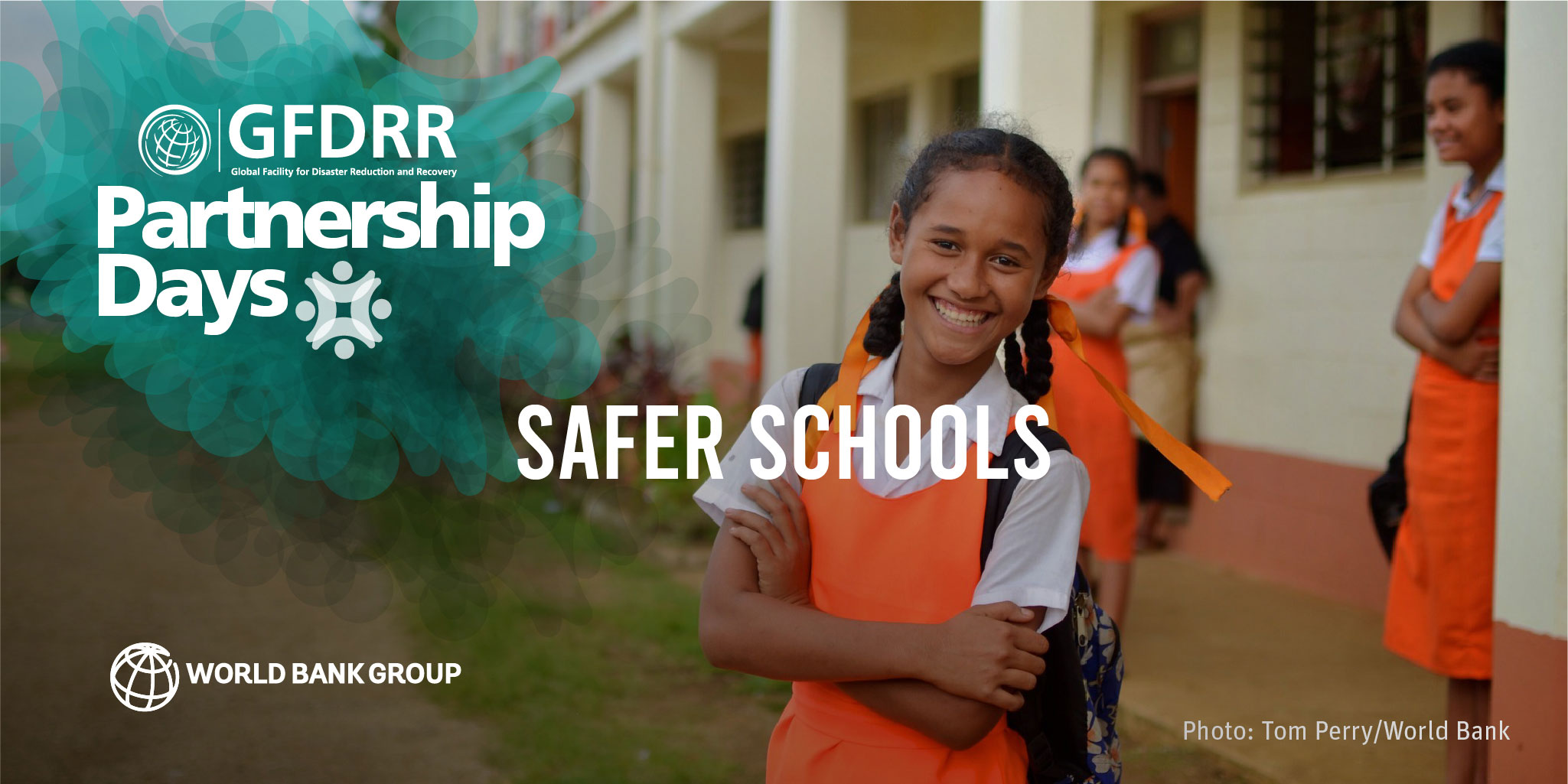Skip to main content
The world today is increasingly fraught with the concurrence and confluence of disaster and conflict risks. The international community faces an era of unprecedented multiplicity and complexity of crises. Global experience has shown that the disaster-fragility nexus is a vicious cycle without clear starting and end points, and that fragility and disasters are mostly mutually reinforcing. This breakout session will include a brief presentation followed by a discussion on the nature, dynamics and policy implications of the disaster-conflict nexus as well as strategic approaches to address the nexus. The session will focus on the following areas: (a) developing a common understanding of the nexus and mainstreaming of the nexus in programming for resilience building and sustainable development; (b) identifying the critical policy and resource gaps in the institutional responses to the nexus, and; (c) customizing, adapting and implementing DRM interventions towards providing more effective and integrated solutions to client countries in FCV contexts.
Featured speakers include:
-
Rina Meutia, DRM Specialist, GFDRR
-
Ayaz Parvez, Lead DRM Specialist, GFDRR
-
Katie Peters, Senior Research Fellow, ODI
For more information, please contact Jemma Vasilyan (jvasilyan@worldbank.org)
Emergency Preparedness and Response (EP&R) offers consultation in the field of emergency management to design a practical and detailed strategy for resilience. EP&R investments begin a dialogue that shifts government attention from post-disaster reconstruction towards investments in risk management and disaster preparedness. Early interventions are vital to saving countless lives, resources, and improving development outcomes for those living in the most vulnerable and challenging environments. This opportunity, coupled with the apparent and increasing need for an effective and efficient response in the first hours following a disaster, creates a growing demand for building resilient communities with the capacity and experience to manage local response operations. All aim at building a culture of preparedness for compound risks.
Featured speakers include:
-
Elif Ayhan, Senior DRM Specialist, World Bank
-
Jemma Vasilyan, DRM Specialist, GFDRR
-
Hugo Wesley, DRM Analyst, GFDRR
-
Dr. Sekhar L. Kuriakose, Member Secretary, Kerala State Disaster Management Authority and Head of Kerala State Emergency Operations Centre
For more information, please contact Jemma Vasilyan (jvasilyan@worldbank.org).
When women and men are affected differently by disasters, practitioners and policymakers have a responsibility to use the tools available for mitigating disaster impacts to close gender gaps in the outcome. This breakout session will present how GFDRR’s Conceptual Framework is being used to identify gender gaps in the context of disaster risk and resilience in Ethiopia and Senegal. Through the operationalization of analytical products, GFDRR sees an opportunity for (i) vertical scaling up (institutionalization); and (ii) horizontal scaling up (expansion/replication). On the ground improved understanding of the gender dynamics of disaster risk and resilience allows for better policy and program design as well as better informed interventions which benefits all stakeholders.
Featured speakers include:
-
Alvina Erman, Economist, GFDRR
-
Mirtha Escobar, DRM Specialist, GFDRR
-
Arjola Limani, ET Consultant, World Bank
-
Victoria Stanley, Senior Land Administration Specialist, World Bank
-
Ko Takeuchi, Senior Urban Development & DRM Specialist, World Bank
For more information, contact Mirtha Escobar (mescobar2@worldbank.org) and Alvina Erman (aerman@worldbank.org).
Actions to promote infrastructure resilience are urgently needed. Intensifying effects of climate change and rapid urbanization in high-risk zones means that the pressures on infrastructure systems are increasing. At the same time, large-scale investments in infrastructure are already taking place, and if they are not resilient to shocks then vulnerability and losses will be built in for decades to come. The session will present the audience how the WBG, through GFDRR, is mainstreaming disaster risk management principles and practices in infrastructure investments.
Featured speakers include:
-
On The Lifelines Report: Jun Rentschler, Senior Economist, World Bank
-
On Lessons Learned from the 2011 Christchurch Earthquake: Erica Seville, Executive Director, Resilient Organisations (Recorded)
-
Round Table Discussion: Phillip Barutha, Assistant Professor, University of Nebraska – Lincoln and Frederico Pedroso, DRM Specialist, GFDRR
For more information, please contact Frederico Pedroso (fpedroso@worldbank.org).
How relevant is the question of school infrastructure safety and resilience globally? How affordable are large-scale interventions? How are science and technology being leveraged to drive effective outcomes? What does reducing school infrastructure’s carbon footprint entail? In this session, the Global Program for Safer Schools will answer these questions based on project experience from more than 25 countries.
Featured speakers include:
-
Calvin Kwon, Account Manager for Esri, Nonprofit and Global Organizations team
-
Fernando Ramirez Cortes, Senior DRM Specialist, World Bank
For more information, please contact Yiying Wang (ywang28@worldbank.org).
